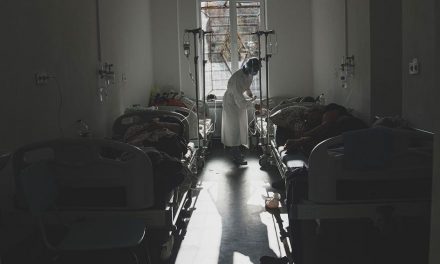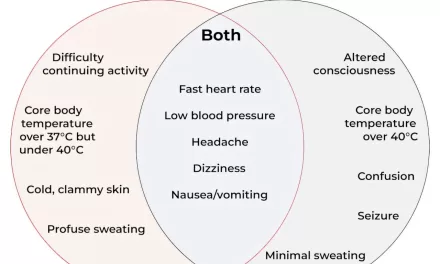New Delhi, March 22, 2025 – A recent study has raised concerns about the reliability of cancer scans, suggesting that they may not always reveal the presence of residual cancer cells, potentially leading to poorer patient outcomes. Researchers from the University of Chicago Medical Center have found that microscopic levels of cancer, left behind after treatments like radiotherapy, can remain undetected by standard imaging techniques.
The study, published in the journal Oncotarget, highlights that this “residual disease” is more prevalent than previously thought. Dr. Muzamil Arshad, a lead researcher from the university, stated, “Residual cancer is identified on histology in 40 per cent of the lung, 57-69 per cent of renal cell, 7.7-47.6 per cent of prostate, and 0-86.7 per cent of hepatocellular carcinoma.”
Radiotherapy, including stereotactic ablative radiotherapy (SABR), is a common and effective treatment for various cancers, including lung, liver, and prostate cancers. SABR delivers high-dose radiation with precision, often resulting in seemingly clear scans. However, the researchers argue that relying solely on these scans can be misleading.
“A complete response on scan imaging does not necessarily indicate the complete disappearance of the tumour. This mismatch can mislead both clinicians and patients into thinking treatment was more successful than it truly was,” the editorial explained.
The study found a significant discrepancy between scan results and tissue analysis, with follow-up biopsies revealing cancer cells that were not visible on scans. This discrepancy has serious implications, as patients with residual disease, even in small amounts, are more likely to experience cancer recurrence and reduced survival rates. This pattern has been observed in various cancer types, including rectal, cervical, prostate, and liver cancers.
The researchers advocate for a paradigm shift in how treatment success is evaluated and how cancer is monitored post-therapy. They emphasize the need for more frequent use of biopsy-based tests and the development of new strategies to enhance treatment effectiveness.
“We need to rethink how treatment success is judged and how cancer is followed up after therapy,” Dr. Arshad urged. The study calls for a more comprehensive approach to cancer treatment and follow-up, beyond relying solely on imaging scans.
Disclaimer: This article is based on a single study and should not be interpreted as definitive medical advice. Patients should consult with their healthcare providers to discuss their individual circumstances and treatment options. Medical research is an ongoing process, and further studies may yield different results.*https://yespunjab.com/residual-cancer-may-hide-behind-clear-scans-linked-to-worse-outcomes-study/#:~:text=While%20radiotherapy%20is%20a%20highly,outcomes%2C%20according%20to%20a%20study.)












